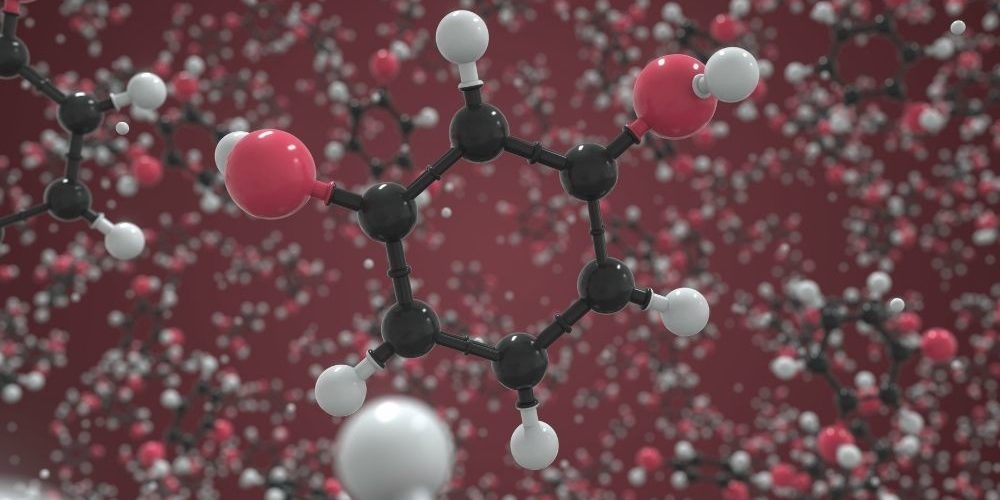If you were to look for phenolic resin in your daily life, you’d most often find it in technical applications such as electrical work or billiard ball molds. Other applications of phenolic resin are often more industrial—ballistics, mine ventilation, off-shore water pipes, and even aerospace. Therefore, finding this resin in food products may seem odd, but here’s why phenolic resin is food safe and not to be feared.
Introducing Phenolic Resin
Resorcinol manufacturers have provided phenolic resin for study on how it may be applied as a bio-preservative in the food industry to extend the shelf life of perishable products. This is significant because phenolic compounds are actually found naturally rather than needing to be created synthetically, creating well-preserved food while combating the stigma that consumers have concerning food and GMOs (genetically modified organisms). Phenolic compounds can be found in natural sources such as cinnamon, fruit, vegetables, rice, spices, and various herbs.
Antioxidant Benefits
Within these natural sources, phenolic compounds are secondary metabolites responsible for the defense against ultraviolet radiation and encroaching pathogens. As a result, interest has piqued in these properties as natural preservatives that can protect food and, as mentioned, extend the shelf life of perishable food products. This interest has only increased in recent years, as many consumers have become wary of synthetic additives, whether those fears are based on fact or rumor.
As an example of the antioxidative benefits of phenolic compounds, olive oil is well-known for being healthier thanks to these compounds. It makes for an excellent source of these compounds thanks to its low toxicity, limited cost, and broad availability.
Antimicrobial Activity
Another reason why phenolic resin is food safe is the antimicrobial activity of phenolic compounds. This activity is responsible for keeping food fresh and preserving its original condition, making the compounds especially useful as alternative conservators to chemical preservatives, which the public has come to regard as potentially poisonous or unnatural and therefore unhealthy. Whereas the antioxidants protect the plant from outside threats, antimicrobial activity keeps the rigors of time from taking their toll.







